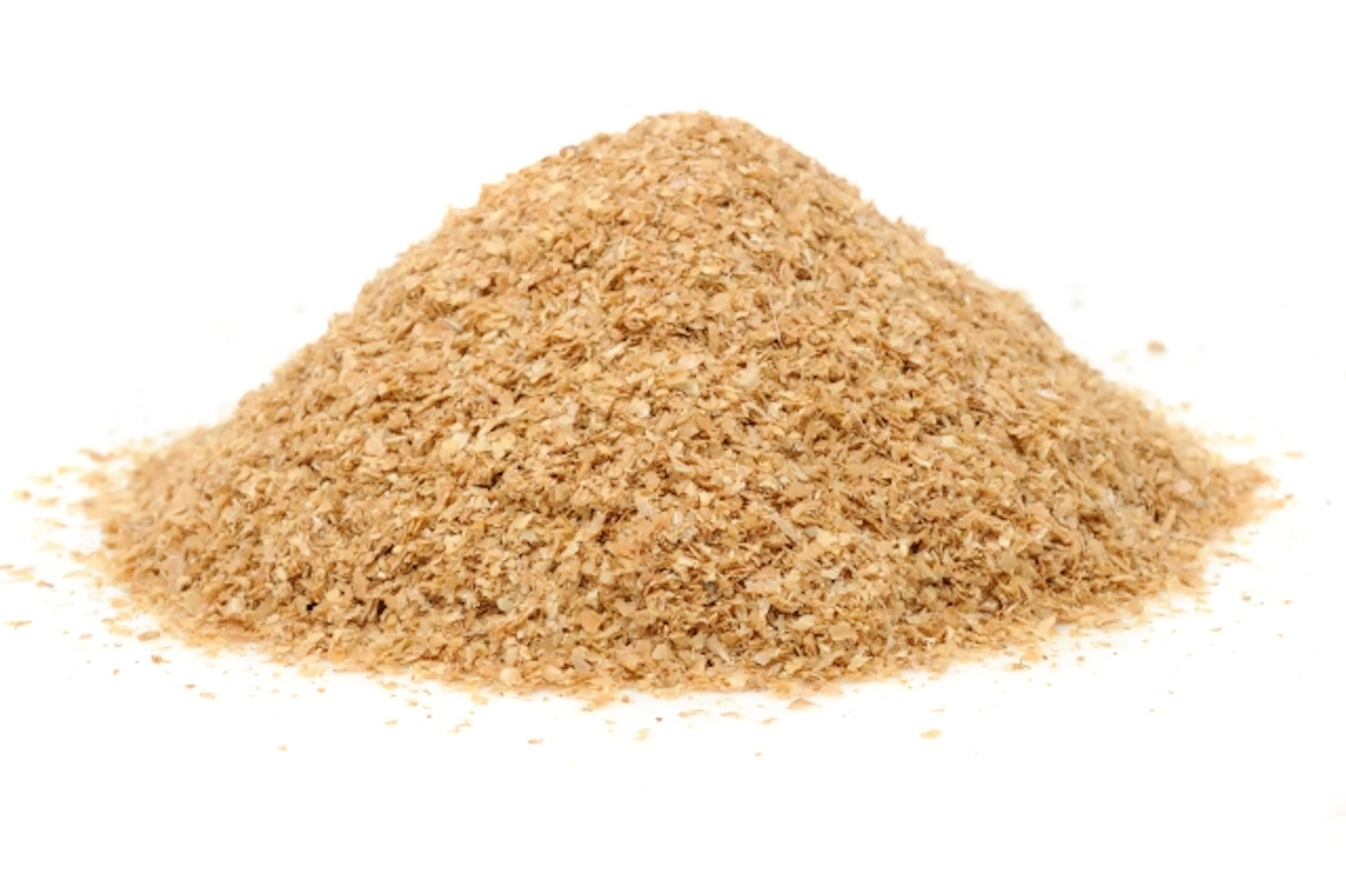With the colder days of winter approaching the discussion of whether or not a horse owner should provide their horse a bran mash as part of their daily, or even weekly routine, has returned. But what is Wheat Bran, and is it really helpful?
What is a Bran Mash?
Wheat bran is a light, low density feed source that has similar nutritional content to that of oats. In comparison to other grains it offers a high phosphorus content, with high levels of vitamins including niacin, thiamin and riboflavin, but is lacking in B vitamins.
How do I make a Bran Mash?
The basic method for creating a bran mash is by adding warm water to bran resulting in a mixture that should cling together when squeezed, resulting in no water being released when squeezed. Additional ingredients are often added by owners for further nutritional benefits, or to make the taste of the mash more appealing to fussy eaters; these include salt, oats, molasses, carrots, and even apples.
What is the purpose of a Bran Mash
It is not uncommon for veterinarians to recommend a bran mash once a week during cold winter months when the horses may not be drinking enough water following stressful work, during long trailer transport across the country, or following foaling. It is believed that providing a bran mash supplement can aid in stimulating the horse’s intestinal tract and provides an alternate water source and even help prevent colic.
Are there any concerns to be aware of?
Over feeding your horse with bran mash can prove to be problematic. Due to the high phosphorus content of wheat bran it can result in a mineral imbalance which can lead to the development of a metabolic condition known as Nutritional Secondary Hyperparathyroidism, more commonly known as Big Head. The disease is characterized by an enlargement of the facial bones and weakening of all other bones in the body. To avoid and prevent this condition, by correcting the calcium/phosphorus ratio, some horse owners mix alfalfa cubes into their bran mash. In addition feeding bran mashes can affect the bacteria population found in the horse’s digestive tract required for proper digestion. Due to this it is recommended that if you’re going to feed your horse a wheat bran mash then consider supplementing them with digestive-aid products that can help maintain healthy fermentation patterns in the horse’s intestinal tract.

